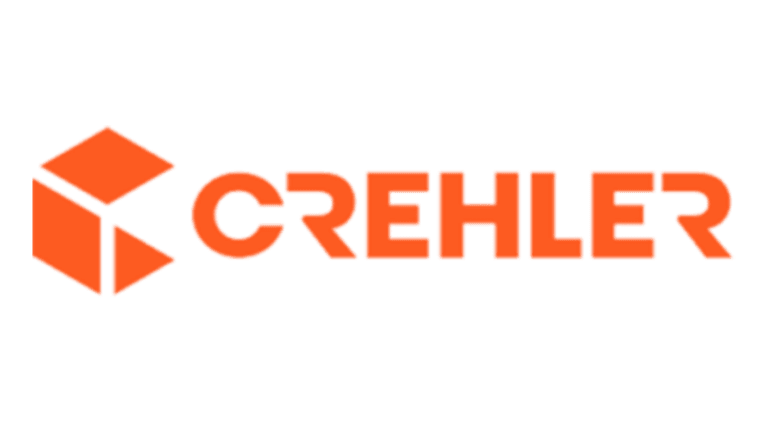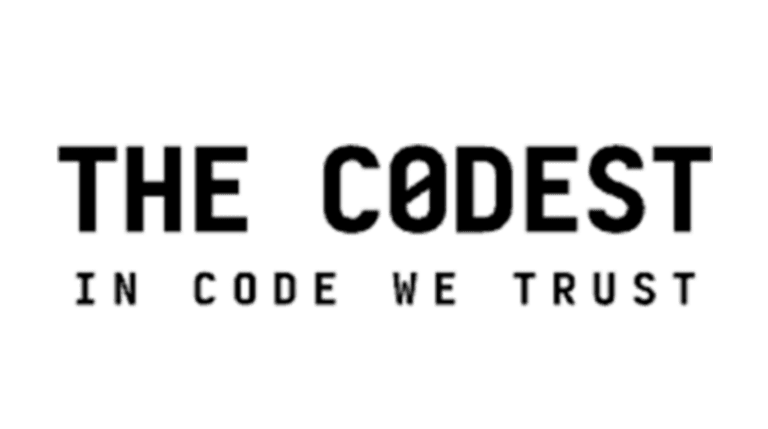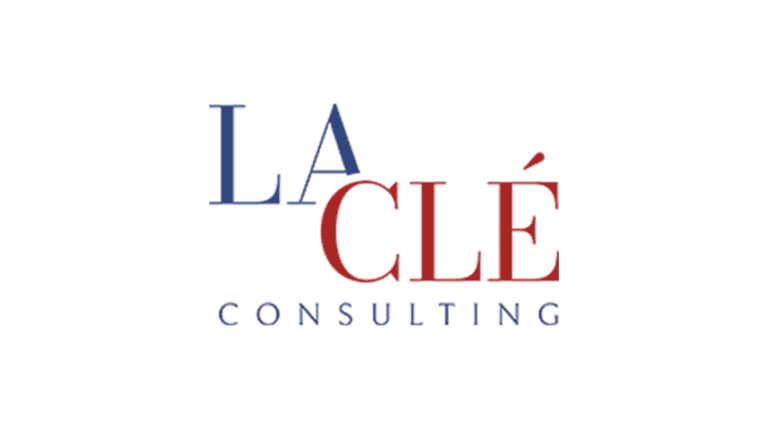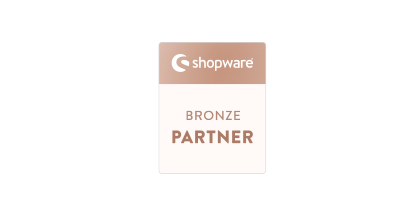Symfony, one of the most popular PHP frameworks, has earned global recognition among developers due to its flexibility, stability, and robust ecosystem.
This article explores why Symfony is such a good choice, the tools that support the development of e-commerce platforms based on Symfony, and the benefits of using this framework in the e-commerce world.
Why Symfony may be the foundation for e-commerce
Symfony is distinguished by its modular architecture, meaning it comprises numerous independent components that can be used as needed for a project. In e-commerce, where every project is unique and demands a tailored approach, this feature is invaluable.
With Symfony, you can create everything from simple online stores to extensive B2B platforms or marketplaces. The framework allows full customization of functionalities to meet business needs – from custom payment methods to advanced discount systems and integrations with multiple ERP or CRM systems.
Flexibility and scalability of Symfony
Symfony’s flexibility makes it a universal framework capable of meeting even the most complex e-commerce requirements. In practice, this means:
- Stores can grow with the business:
Small companies can start with simple solutions that can later be expanded with additional modules and features. - Adaptation to various markets:
Symfony supports multilingualism, multi-currency, and omnichannel capabilities, enabling global sales. - Personalized user experiences:
The framework facilitates advanced solutions tailored to customer needs, such as dynamic product recommendations or personalized offers.
Popular e-commerce tools based on Symfony
Symfony serves as the foundation for many well-known tools and platforms dedicated to e-commerce. These tools help implement e-commerce solutions faster by using ready-made modules and features while maintaining full control over the code.
Sylius
Sylius is one of the most recognized e-commerce solutions built on Symfony. It’s an open-source system offering remarkable flexibility and ease of functionality customization.
- Customization:
Sylius allows adding custom features, such as advanced discount systems, tailored shopping carts, or dedicated delivery modules. - Multichannel support:
With Sylius, you can manage sales across different channels – online, offline, or mobile apps. - First-class API:
Sylius supports a modern headless commerce approach, enabling user interfaces to be built with technologies like React, Vue.js, or Angular.
Shopware 6
Shopware is another popular e-commerce platform that uses Symfony components. It provides a modern approach to building online stores and marketplaces.
- Flexible architecture:
Easy integration with external systems. - Headless commerce support:
The ability to separate the backend from the frontend for greater flexibility in creating user interfaces.
Akeneo (PIM)
E-commerce systems often use advanced tools for product information management (PIM) like Akeneo. Built on Symfony, Akeneo simplifies managing large product catalogs, translations, descriptions, and integrations with various sales channels.
Support for modern technologies
Symfony keeps pace with the times, which is critical in the dynamic e-commerce environment. The framework supports the latest technologies and tools, such as:
- Headless commerce: Symfony integrates with API-first solutions, enabling the store’s frontend to be built in any technology, such as React, Vue.js, or Angular.
- API Platform: A tool for building APIs, allowing rapid creation of scalable and efficient e-commerce applications in a headless model.
- GraphQL: Symfony enables integration with GraphQL, providing even more flexible data management and system communication.
Performance and security
Performance and security are critical in e-commerce, as they influence user experience and customer trust. Symfony offers many features to help optimize and secure applications:
- Performance: With support for caching mechanisms (e.g., HTTP Cache, Redis) and easy CDN integration, Symfony ensures fast operation even with high user traffic.
- Security: The framework includes built-in mechanisms to protect against common attacks, such as CSRF, XSS, and SQL Injection – crucial for e-commerce environments that process sensitive customer data.
Community and documentation
Symfony has one of the largest developer communities in the world. Regular updates, extensive documentation, and access to numerous educational resources enable developers to solve problems quickly and implement innovative solutions.
Additionally, community support facilitates integration with the latest technologies and provides access to ready-made modules and libraries.
When to choose Symfony for e-commerce?
Symfony is the ideal choice if:
- You plan to build a custom online store tailored to specific requirements.
- You want to create a platform that is easily scalable and ready for growth.
- You’re interested in a headless commerce approach or integration with multiple external systems.
- You need a stable and secure solution that will evolve for years to come.
Conclusion
Symfony is more than just a framework – it’s an ecosystem that enables the development of modern and scalable e-commerce platforms. With tools like Sylius, Shopware, or Akeneo, developers can quickly implement ready-made solutions while retaining the flexibility to tailor them to business needs.
If you’re looking for a technology that allows you to build a stable, efficient, and secure online store, Symfony is sure to meet your expectations. By choosing this framework, you’re investing in a future-proof solution capable of handling even the most demanding projects.
GET IN TOUCH
Looking for stable, efficient and secure online store?
Symfony can be a good choice. Let’s talk about possibilities!






